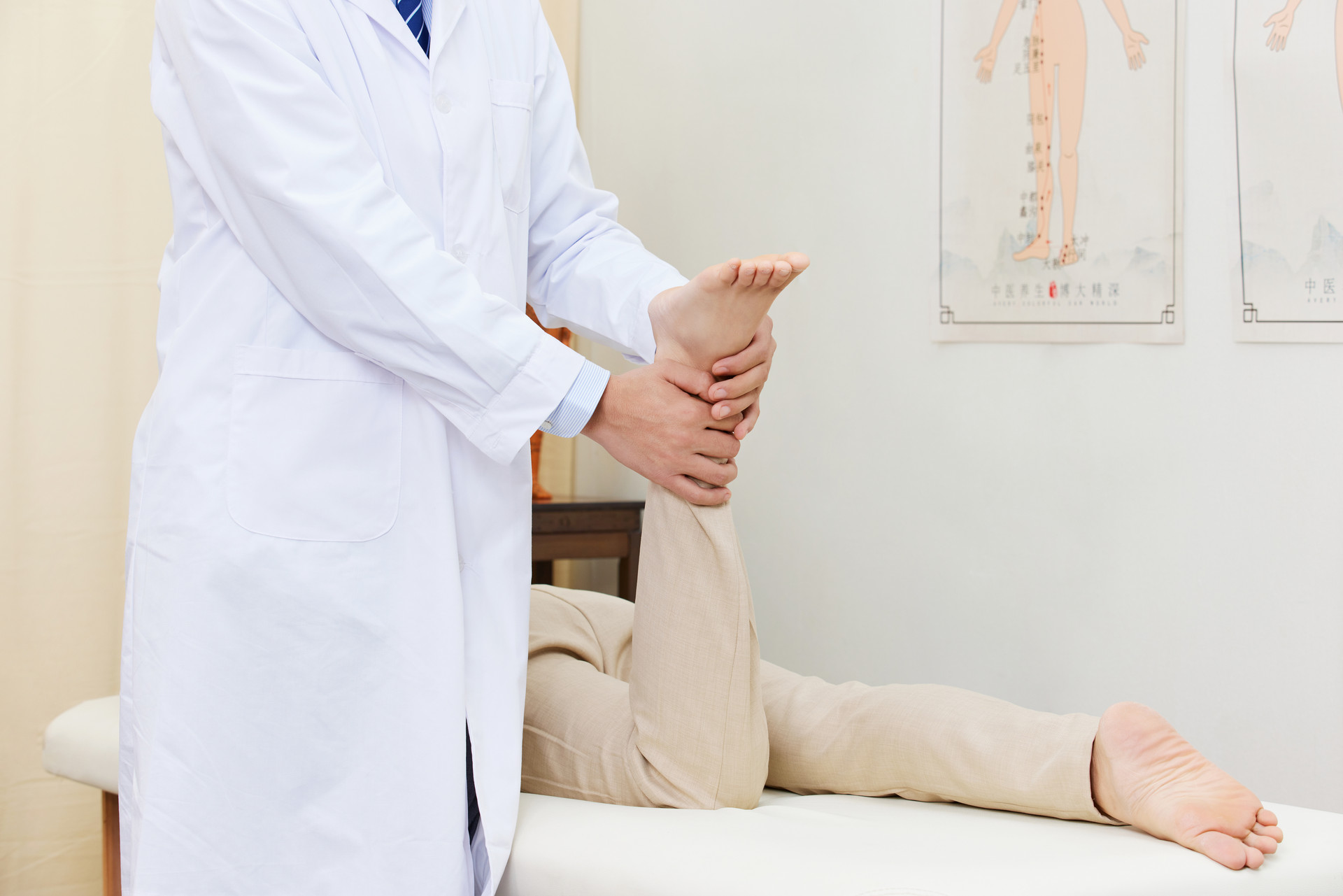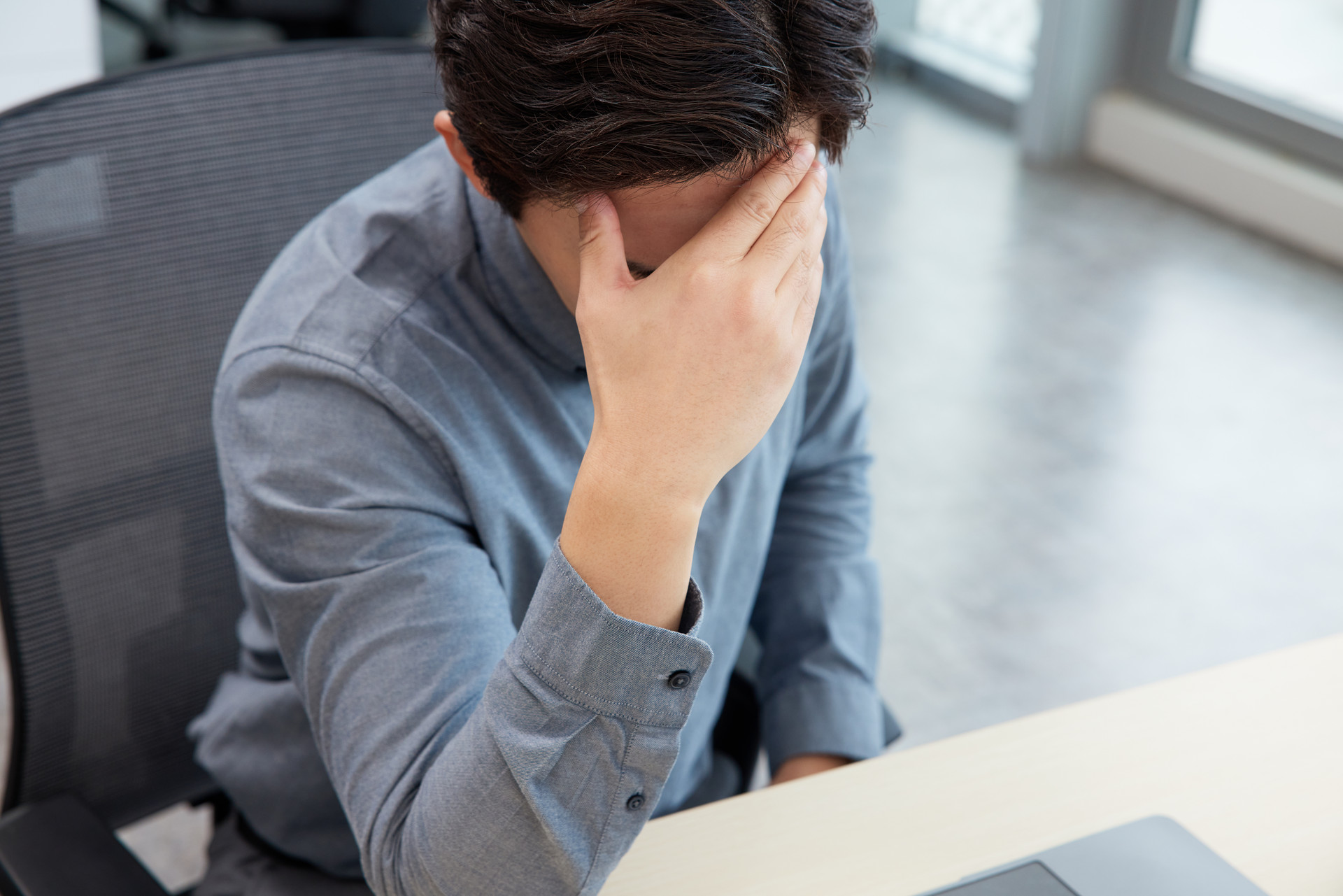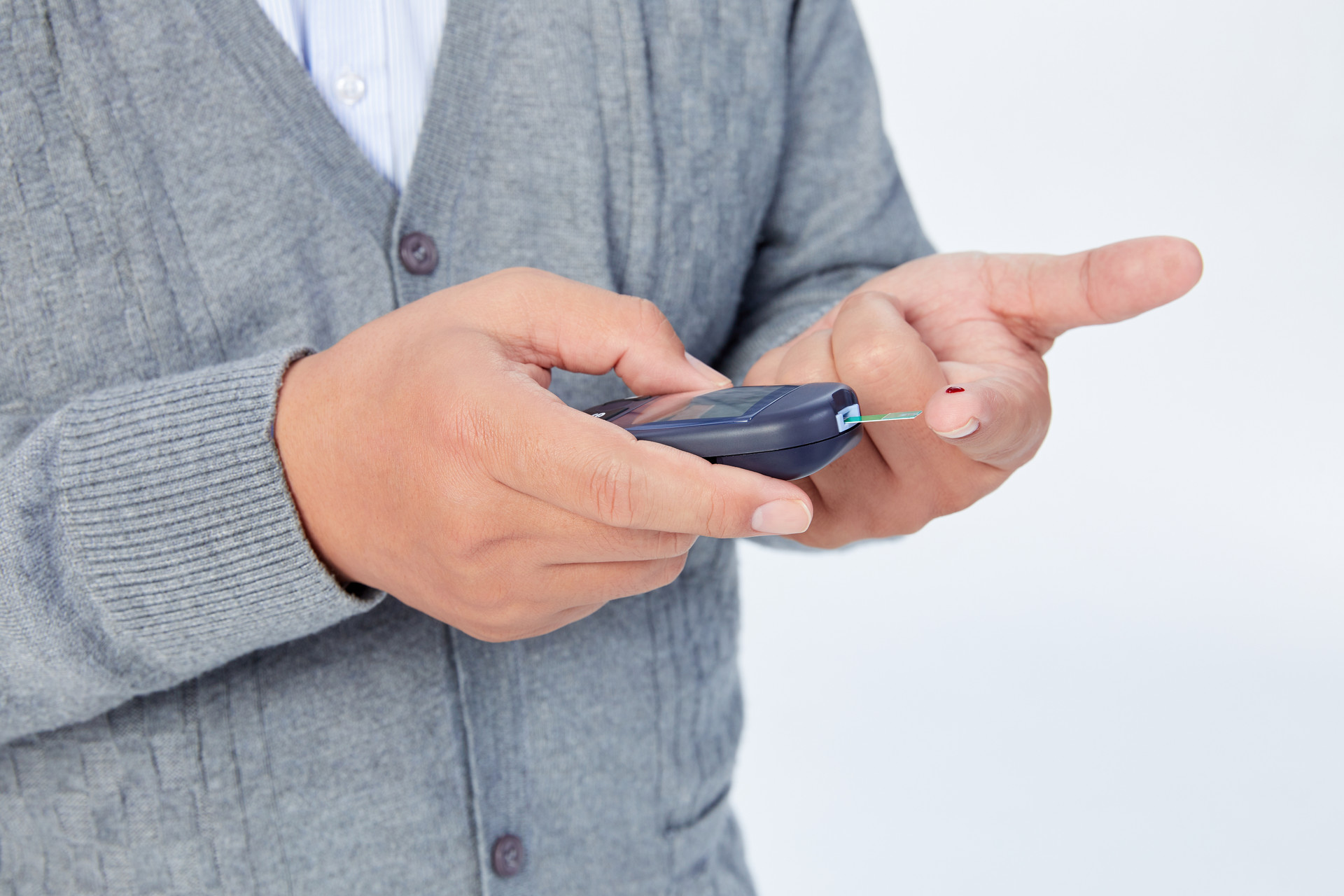Men should never tough it out in these situations
1. Don't tough it out when you're physically exhausted
Feeling tired is a normal response of the body when it needs to recover energy and vitality. It is also an automatic control signal and warning. If you continue to tough it out, you may experience symptoms such as fatigue, muscle soreness, dizziness, slow thinking, lack of energy, palpitations, rapid heartbeat, and increased breathing.
Long-term sleep deprivation can damage the brain and cause excessive metabolism of body tissues and cells, leading to premature aging. If you feel dizzy and sleepy at night, don't tough it out. Avoid stimulating drinks like strong tea, coffee, and cigarettes to stay alert, as they may induce neurosis, hypertension, and cardiovascular diseases.
2. Don't tough it out when it comes to eating
Feeling thirsty is a sign that your body lacks water, indicating that your cells are dehydrated. Some middle-aged people are too busy with work or study and can't find time to drink water, and skipping breakfast is common. Ignoring these signals and toughing it out can lead to dehydration and nutrient deficiencies, causing cerebral thrombosis and urinary calculi, which can affect your health.
When feeling hungry, you should eat immediately. Do not delay your meal times, as it can cause spasms of the gastrointestinal tract, leading to abdominal pain, diarrhea, and even hypoglycemia. Irregular eating habits, skipping meals, overeating, or eating indiscriminately can be the root cause of gastric ulcers, gastritis, and indigestion.
3. Don't tough it out when you're sick
The physiological functions of the brain, heart, liver, and kidneys of middle-aged people gradually decline without them realizing it. Many middle-aged people often feel tired, dizzy, weak, chest tightness, joint pain, palpitations, stomach pain, insomnia, shortness of breath, and poor appetite. These may be early signs or signals of illness. If left untreated or simply treated with "symptomatic" drugs, working while being sick can delay recovery and lead to more severe conditions. When you're sick, you should go to the hospital early for diagnosis and treatment to recover your health as soon as possible.
4. Don't tough it out when it comes to using the restroom
If you need to use the restroom, don't tough it out and hold it in. Holding in bowel movements can lead to constipation and difficulty in passing stool as the water in the stool is repeatedly absorbed by the intestines. Accumulation of toxins in the body for a prolonged period of time can result in symptoms such as fatigue, dizziness, decreased appetite, etc. Chronic constipation, hemorrhoids, anal fissures, and rectal prolapse can occur if this becomes a habit. Holding in urine not only causes lower abdominal pain, but also urinary tract infections and pyelonephritis. Long-term repeated chronic infections can lead to kidney damage and even uremia. Urine reflux into the prostate can cause prostatitis, resulting in frequent urination, incomplete urination, pain and discomfort in the lower abdomen or waist, and even a decrease in sexual function, affecting quality of life. Therefore, it is important to develop regular bowel movements and habits of urinating immediately when there is an urge.
5. Don't tough it out when it comes to exercising
Moderate physical exercise can enhance physical fitness and promote overall health. However, excessive exercise can deplete a large amount of energy and lead to the accumulation of metabolic products such as lactic acid in the blood, causing muscle soreness and fatigue, which can have a counterproductive effect.
6. Don't tough it out when it comes to leisure activities
Civilized, relaxed, healthy, and moderate recreational activities can regulate the nerves, cultivate sentiment, and promote health. However, excessive indulgence in leisure activities can deplete vitamin A in the body, leading to decreased vision and mental fatigue. Listening to excessively loud music for a long time can strain the eardrums and affect hearing. Playing video games for extended periods can lead to "video game addiction syndrome". Staying up all night playing cards, chess, or mahjong can consume excessive mental and physical energy, causing harm to the body and affecting health. Therefore, leisure activities should be done in moderation and with a focus on civilized and enjoyable experiences.










